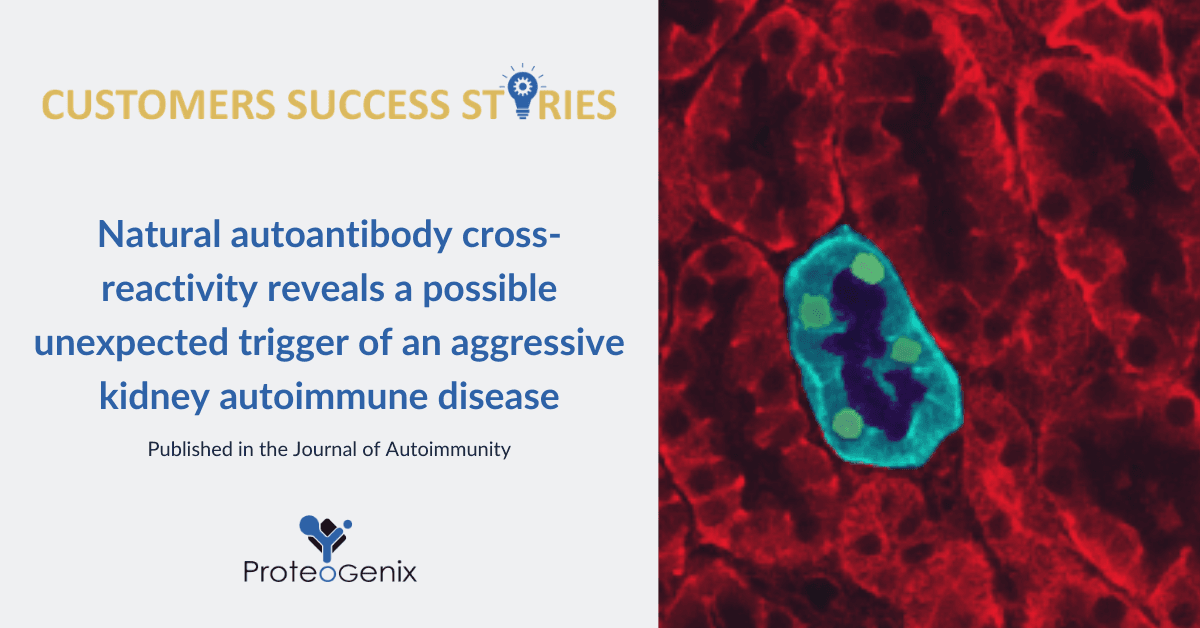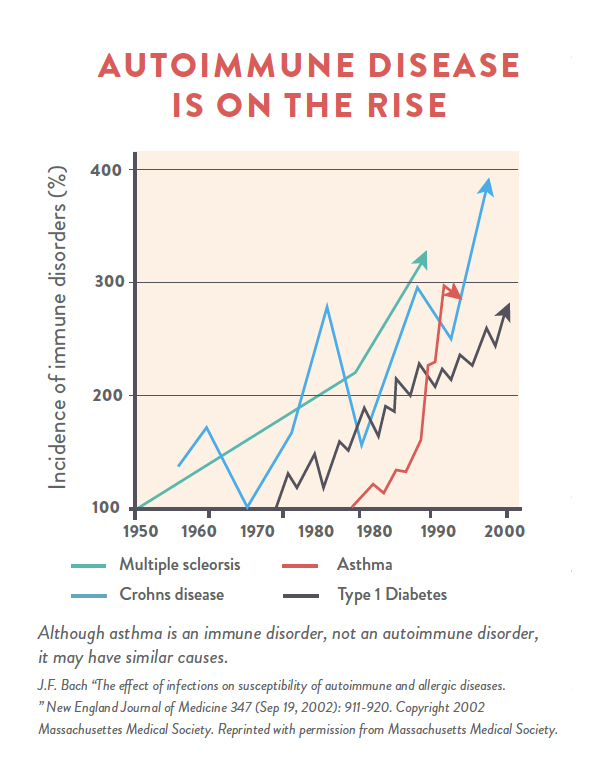Which Of The Following Is Not A Type Of Autoimmune Disease? | 22.10.2021 · introduction — cold agglutinin disease (cad) is a form of autoimmune hemolytic anemia (aiha) in which cold agglutinins (agglutinating autoantibodies with an optimum temperature of 3 to 4°c) can cause clinical symptoms related to agglutination of red blood cells in cooler parts of the body and hemolytic anemia. Hashimoto disease is most common in people with a family history of thyroid disease. They are considered to be either specific or systemic and characterized by inducing immune humoral (b cell) or cell (t cells) responses. In rare cases, the disease may be related to other hormone problems caused by the immune system. Although their etiology is unknown, they are well known to have environmental and polygenic components that are involved in defining susceptibility or protection.
Hashimoto disease is most common in people with a family history of thyroid disease. In these cases, the condition is called type 2 polyglandular autoimmune syndrome (pga ii). In rare cases, the disease may be related to other hormone problems caused by the immune system. They are considered to be either specific or systemic and characterized by inducing immune humoral (b cell) or cell (t cells) responses. Although their etiology is unknown, they are well known to have environmental and polygenic components that are involved in defining susceptibility or protection.
Autoimmune pancreatitis (aip) is an increasingly recognized type of chronic pancreatitis that can be difficult to distinguish from pancreatic carcinoma but which responds to treatment with corticosteroids, particularly prednisone. This topic will review the pathophysiology, … Autoimmune diseases (ads) are chronic complex inflammatory diseases. 22.10.2021 · introduction — cold agglutinin disease (cad) is a form of autoimmune hemolytic anemia (aiha) in which cold agglutinins (agglutinating autoantibodies with an optimum temperature of 3 to 4°c) can cause clinical symptoms related to agglutination of red blood cells in cooler parts of the body and hemolytic anemia. In rare cases, the disease may be related to other hormone problems caused by the immune system. Although autoimmune pancreatitis is quite rare, it constitutes an important clinical problem for both patients and their clinicians: Although their etiology is unknown, they are well known to have environmental and polygenic components that are involved in defining susceptibility or protection. They are considered to be either specific or systemic and characterized by inducing immune humoral (b cell) or cell (t cells) responses. In these cases, the condition is called type 2 polyglandular autoimmune syndrome (pga ii). It can occur with poor adrenal function and type 1 diabetes. Hashimoto disease is most common in people with a family history of thyroid disease.
Autoimmune pancreatitis (aip) is an increasingly recognized type of chronic pancreatitis that can be difficult to distinguish from pancreatic carcinoma but which responds to treatment with corticosteroids, particularly prednisone. 22.10.2021 · introduction — cold agglutinin disease (cad) is a form of autoimmune hemolytic anemia (aiha) in which cold agglutinins (agglutinating autoantibodies with an optimum temperature of 3 to 4°c) can cause clinical symptoms related to agglutination of red blood cells in cooler parts of the body and hemolytic anemia. Hashimoto disease is most common in people with a family history of thyroid disease. This topic will review the pathophysiology, … They are considered to be either specific or systemic and characterized by inducing immune humoral (b cell) or cell (t cells) responses.

They are considered to be either specific or systemic and characterized by inducing immune humoral (b cell) or cell (t cells) responses. Autoimmune pancreatitis (aip) is an increasingly recognized type of chronic pancreatitis that can be difficult to distinguish from pancreatic carcinoma but which responds to treatment with corticosteroids, particularly prednisone. Although their etiology is unknown, they are well known to have environmental and polygenic components that are involved in defining susceptibility or protection. Autoimmune diseases (ads) are chronic complex inflammatory diseases. Hashimoto disease is most common in people with a family history of thyroid disease. In these cases, the condition is called type 2 polyglandular autoimmune syndrome (pga ii). This topic will review the pathophysiology, … Although autoimmune pancreatitis is quite rare, it constitutes an important clinical problem for both patients and their clinicians: 22.10.2021 · introduction — cold agglutinin disease (cad) is a form of autoimmune hemolytic anemia (aiha) in which cold agglutinins (agglutinating autoantibodies with an optimum temperature of 3 to 4°c) can cause clinical symptoms related to agglutination of red blood cells in cooler parts of the body and hemolytic anemia. In rare cases, the disease may be related to other hormone problems caused by the immune system. It can occur with poor adrenal function and type 1 diabetes.
Autoimmune diseases (ads) are chronic complex inflammatory diseases. They are considered to be either specific or systemic and characterized by inducing immune humoral (b cell) or cell (t cells) responses. Although autoimmune pancreatitis is quite rare, it constitutes an important clinical problem for both patients and their clinicians: 22.10.2021 · introduction — cold agglutinin disease (cad) is a form of autoimmune hemolytic anemia (aiha) in which cold agglutinins (agglutinating autoantibodies with an optimum temperature of 3 to 4°c) can cause clinical symptoms related to agglutination of red blood cells in cooler parts of the body and hemolytic anemia. Autoimmune pancreatitis (aip) is an increasingly recognized type of chronic pancreatitis that can be difficult to distinguish from pancreatic carcinoma but which responds to treatment with corticosteroids, particularly prednisone.

Autoimmune pancreatitis (aip) is an increasingly recognized type of chronic pancreatitis that can be difficult to distinguish from pancreatic carcinoma but which responds to treatment with corticosteroids, particularly prednisone. In these cases, the condition is called type 2 polyglandular autoimmune syndrome (pga ii). Autoimmune diseases (ads) are chronic complex inflammatory diseases. Although their etiology is unknown, they are well known to have environmental and polygenic components that are involved in defining susceptibility or protection. 22.10.2021 · introduction — cold agglutinin disease (cad) is a form of autoimmune hemolytic anemia (aiha) in which cold agglutinins (agglutinating autoantibodies with an optimum temperature of 3 to 4°c) can cause clinical symptoms related to agglutination of red blood cells in cooler parts of the body and hemolytic anemia. In rare cases, the disease may be related to other hormone problems caused by the immune system. Although autoimmune pancreatitis is quite rare, it constitutes an important clinical problem for both patients and their clinicians: Hashimoto disease is most common in people with a family history of thyroid disease. It can occur with poor adrenal function and type 1 diabetes. They are considered to be either specific or systemic and characterized by inducing immune humoral (b cell) or cell (t cells) responses. This topic will review the pathophysiology, …
Which Of The Following Is Not A Type Of Autoimmune Disease?! They are considered to be either specific or systemic and characterized by inducing immune humoral (b cell) or cell (t cells) responses.